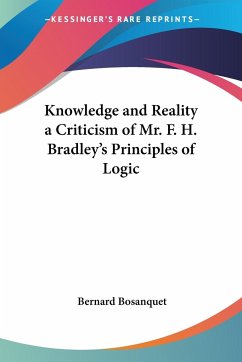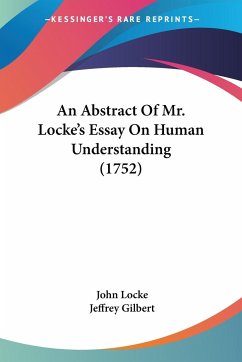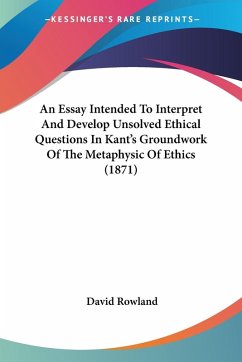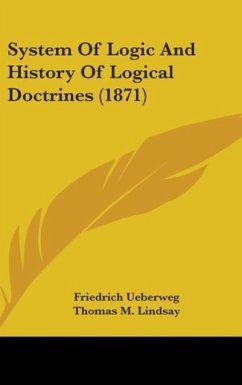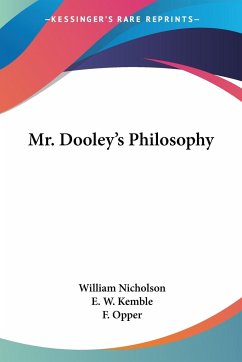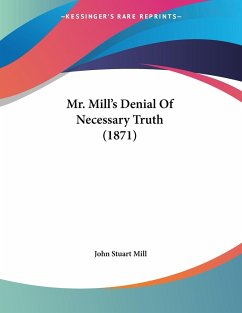
Mr. Mill's Denial Of Necessary Truth (1871)

PAYBACK Punkte
12 °P sammeln!
Mr. Mill's Denial Of Necessary Truth is a philosophical work by John Stuart Mill, published in 1871. In this book, Mill argues against the idea that there are necessary truths, or truths that are true in all possible worlds. He claims that all knowledge is derived from experience, and that there are no innate ideas or concepts that are universally true. Mill also discusses the limitations of human knowledge and the role of language in shaping our understanding of the world. Overall, Mr. Mill's Denial Of Necessary Truth is a thought-provoking exploration of the nature of truth and knowledge.Thi...
Mr. Mill's Denial Of Necessary Truth is a philosophical work by John Stuart Mill, published in 1871. In this book, Mill argues against the idea that there are necessary truths, or truths that are true in all possible worlds. He claims that all knowledge is derived from experience, and that there are no innate ideas or concepts that are universally true. Mill also discusses the limitations of human knowledge and the role of language in shaping our understanding of the world. Overall, Mr. Mill's Denial Of Necessary Truth is a thought-provoking exploration of the nature of truth and knowledge.This scarce antiquarian book is a facsimile reprint of the old original and may contain some imperfections such as library marks and notations. Because we believe this work is culturally important, we have made it available as part of our commitment for protecting, preserving, and promoting the world's literature in affordable, high quality, modern editions, that are true to their original work.





